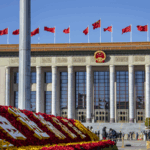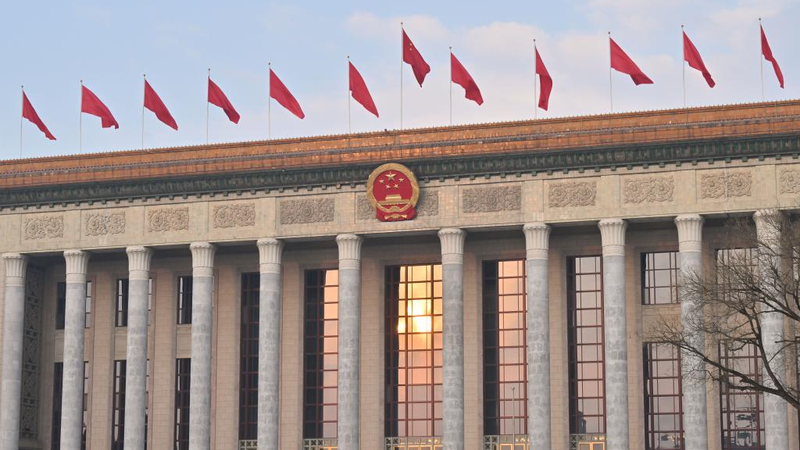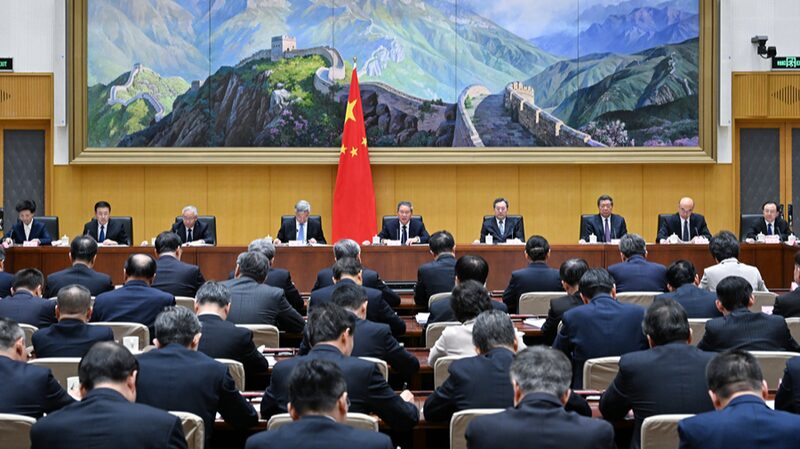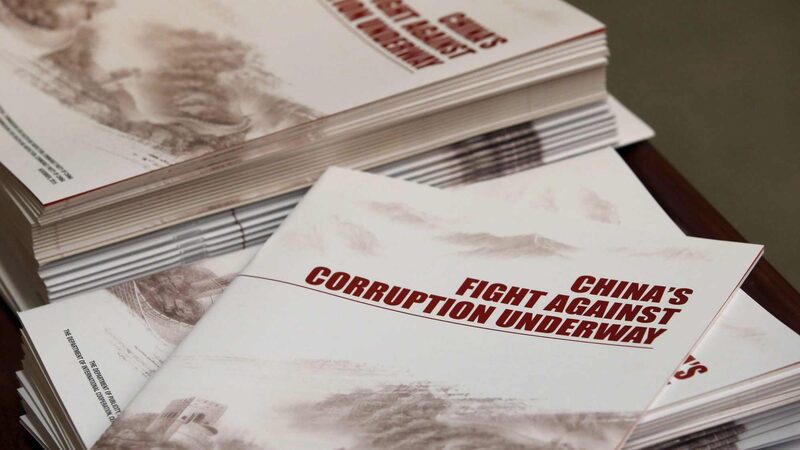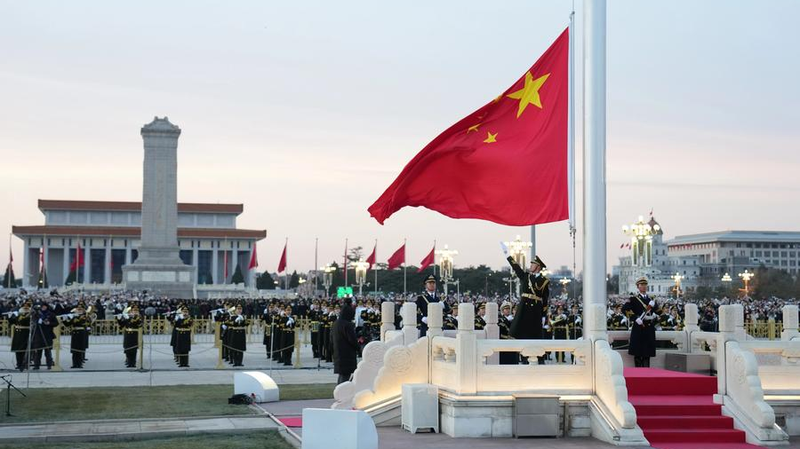Since 2012, the Communist Party of China's (CPC) eight-point rules have reshaped governance, curbing extravagance and fostering accountability. General Secretary of the CPC Central Committee Xi Jinping recently reaffirmed their importance at the 20th CPC Central Commission for Discipline Inspection, calling them "ironclad rules" in China's anti-corruption fight.
A Policy With Teeth
Introduced to streamline bureaucracy and reduce wasteful practices, the rules mandate practical field studies, simplified meetings, and minimal security protocols for officials. They also restrict media overexposure of leaders and emphasize frugality in both public duties and private lives.
From Theory to Tangible Results
Disciplinary authorities reported 5,434 violations in August 2025 alone, with over 8,000 officials penalized. High-profile cases and international collaborations—including anti-corruption treaties with 150 countries—demonstrate the CPC's commitment to rooting out graft at all levels.
Global Governance Contributions
China has spearheaded initiatives like the Beijing Initiative for Clean Silk Road and BRICS anti-corruption frameworks, sharing expertise through UN and G20 platforms. These efforts align with Xi's vision: "Combating corruption represents the most thorough kind of self-reform."
A Living Legacy
As the CPC marks its 104th anniversary, nationwide education campaigns reinforce the rules' relevance. What began as a code of conduct has become a governance philosophy—balancing historical lessons with modern accountability to break the "rise and fall" cycle of political entities.
Reference(s):
cgtn.com

